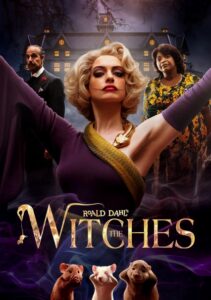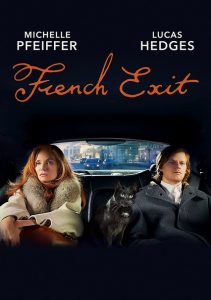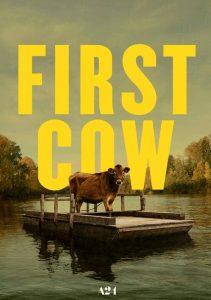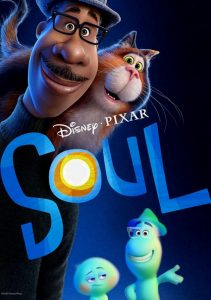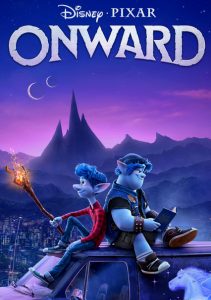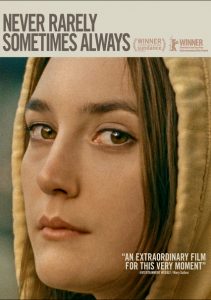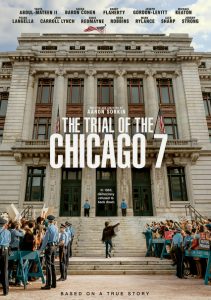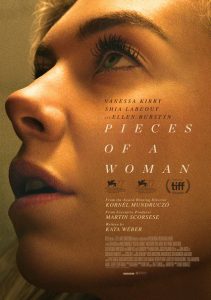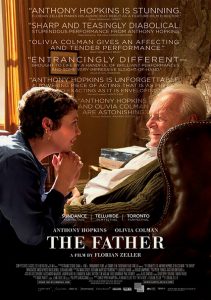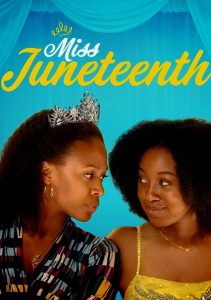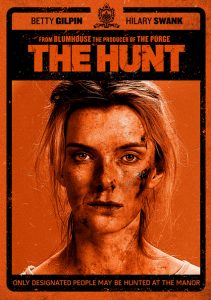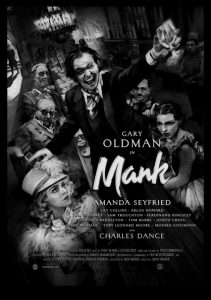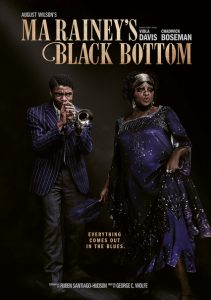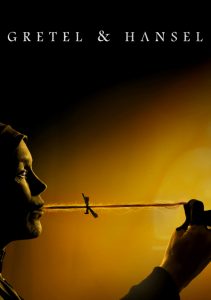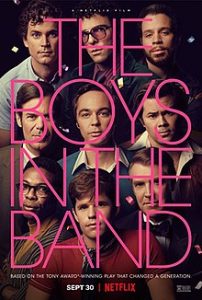Butt Boy-2020
Director Tyler Cornack
Starring Tyler Cornack, Tyler Rice
Scott’s Review #1,483
Reviewed June 28, 2025
Grade: B+
Despite the title, Butt Boy (2020) is not a film intended for adult entertainment during a seedy escapade to a cheap motel.
It’s better than that.
It’s a wacky, darkly humorous comedy played straight, without relying on easy gags.
With an experimental feel and co-written, directed by, and starring newcomer Tyler Cornack, it conveys a sense of creative freedom and an expressive nature.
To its resounding credit, Butt Boy is an independent film and hardly a studio production, where it undoubtedly would have been made more mainstream if not for the titillating title.
The film is a spinoff from a Tiny Cinema comedy sketch.
I am surprised I am awarding it a ‘B+’ rating because early on I wasn’t as enamored with it as I was when the credits rolled and I was able to ‘digest it’, pun intended.
The story doesn’t make complete sense, and has a fantasy edge where it’s not always clear what is happening or why.
Chip Gutchell (Cornack) is an IT specialist and married father trapped in a loveless marriage with his wife, Anne (Shelby Dash), who may be cheating on him.
He develops a compulsive behavior after a routine rectal exam, where anything he inserts into his anus provides intense pleasure and then mysteriously disappears. This fetish consists of objects, animals, and people.
Detective Fox (Tyler Rice) loves work and alcohol. After going to AA, his sponsor, Chip, becomes the main suspect in his investigation of a missing kid.
Fox also starts to believe that people are disappearing up Chip’s butt.
The audience immediately relates to Chip. He works in a sterile office with colleagues who engage in enthusiastic work chants to celebrate successes. He counts the minutes until the work day ends.
His home life is no better with a distant wife who chats on the phone and goes out with the girls. It’s revealed that Chip got her pregnant, causing them to forge a life of doldrums.
The story goes off course after Chip discovers the pleasures of anal stimulation. He kidnaps a baby, a young kid, and his dog to shove them up his butt where they are trapped inside his intestines.
Why he needs the stimulation to be a living being instead of an object is never revealed.
Bizarre sequences of Chip farting and inevitably having an explosion of diarrhea thus making his victims escape his anus covered in fecal material make no sense.
Nonetheless, I slowly became absorbed by Butt Boy mostly because it’s an idea in cinema that has never been done before. The film’s tone is awe-inspiring in its serious nature, opting not to rely on cheap laughs or easy comic points.
Deeper subjects like compulsion, addiction, and career emptiness are easy to correlate to the central premise.
I found myself intrigued by the character of Detective Russell Fox as well. Rice seems like a good actor and a poor man’s Christian Bale, with his slicked-back hair.
A revelation later in the film about Fox connects the dots better regarding his story and character motivations.
Butt Boy was recommended by John Waters, a left-of-center film director most known for gross-out indies like Pink Flamingos (1972) and Female Trouble (1974). I trust his warped appreciation for film implicitly.
The mood is comparable to that of other film gems, such as Under the Skin (2013) and Nightbitch (2024). The finale is reminiscent of The Substance (2024) in its absurdity even though Butt Boy was made several years prior.
I’m curious about Cornack and whether Butt Boy (2020) is a one-off novelty idea or if there’s more to come from his distinguished creative mind.
Time will tell.


